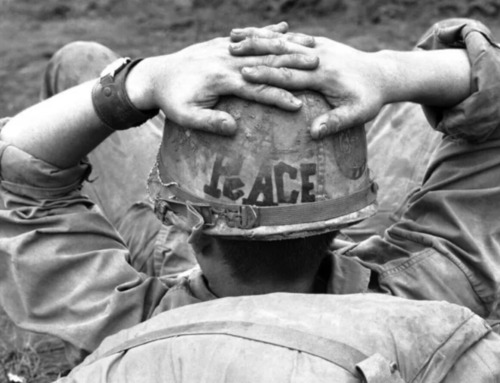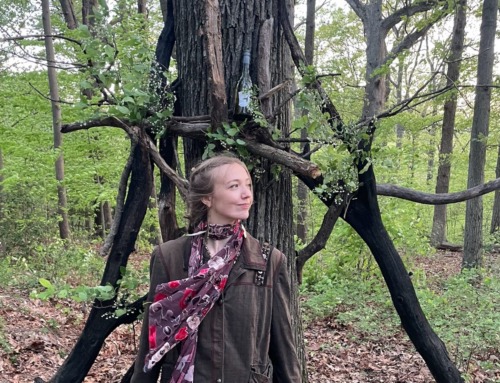
About a month ago, we spent the day delivering Refaat Alareer’s book to every single Congressional office—all 535. Refaat Alareer was a Palestinian poet and professor who was killed by an Israeli airstrike. His friend compiled his remaining life’s work into this book and published it posthumously. He’s famously known for his poem “If I Must Die,” which he wrote one month before his death.
The books were a gift, fully covered by Dropsite News. All we had to do was deliver them.
The purpose was, more or less, to share the Palestinian story through art—something “palatable” and nonpolitical. Even still, congressional staffers cringed as I said the word “Palestine” and smiled their tight-lipped smiles, uttering false niceties while their faces screamed “please go away.” I’d come to realize that being an activist means trying to convince humans that other humans are also human, which in itself is an incomprehensible absurdity. It shouldn’t even have to be done, and yet, so many of these staffers physically recoil at the very thought of having to think of a Palestinian person as anything other than some far-away inconvenience.
Who were these staffers who grew up in towns like mine, who moved to DC like me in hopes of making a positive impact on the world? How has the system become so fundamentally anti-human that we lose sight of the one core truth that we are all the same?
“It’s a beautiful testament to the perseverance of humankind,” I told the staffers. “And how we turn pain into art as a way to cope with struggle.”
They were unmoved.
If there was ever a way to calculate just how much a person is connected to their humanity, this should be the determining factor of who can take part in politics.







Photos by Mohammed Zaanoun // @m.z.gaza








Leave A Comment